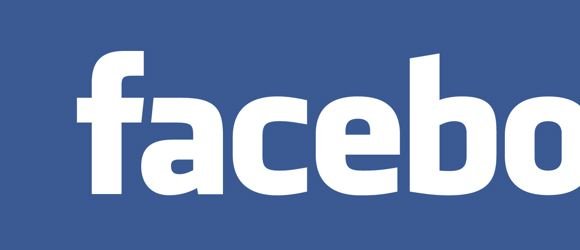Is Facebook a Culture of Plagiarism?
 Today, I wanted to ask a question that was put before me last week and I didn’t have a good, straightforward answer for:
Today, I wanted to ask a question that was put before me last week and I didn’t have a good, straightforward answer for:
Is Facebook creating (or is it already) a culture of plagiarism?
On the surface, Facebook is actually doing a great job creating a culture of attribution. It’s “Share” and “Like” buttons are great tools for sharing content with friends with attribution. If you “Like” this article on Facebook it will be posted to your wall, along with a snippet, a thumbnail and a link.
Clearly, for most content creators, this is preferrable to other systems, such as many of the older blog networks where content was “shared” through wholesale copying, often without attribution.
However, it’s the way that Facebook is actually being used that’s the most disturbing at times. At least one author, back in 2009, noticed the trend of posting poems and stories on Facbeook without attribution. However, at least in my anecdotal experience, the worst issue has been with Facebook photos, where users routinely upload funny/interesting/strange photos, often without sourcing.
In that regard, Facebook isn’t much different than the chain emails that were (and in some circles are still) popular.
Still, with over 100 billion images on Facebook, there’s a lot for copyright holders to be worried about. The the majority are legitimate photos uploaded by the person who took them (or otherwise with permission), given the private nature of Facebook, there’s no way to know how many are original works, how many are licensed and how many are infringing.
Creators have no way of knowing how much their works are being used, who is viewing them and if those uses are attributed.
To make matters even worse, Facebook is drawing fire from teachers and professors who say that the social network is being used to aid in academic plagiarism and that social networking is the most popular source for plagiarized content.
Obviously, there are no easy answers to the question. Personally, I feel that Facebook is doing good work to ensure that attribution is affixed to shared works and that most of the problems with plagiarism it encounters are the same ones that any semi-private service that enables people to communicate would face.
Email, as mentioned above, had (and has) many of the same problems. In fact, if anything Facebook is preferable to email as Facebook comes with attribution-friendly tools and has a greater focus on one’s real-world identity, which discourages plagiarism.
But could Facbeook do more? If so what? I’d be interested to hear your thoughts on these questions as they are ones I’ve been pondering for a while now.
Want to Reuse or Republish this Content?
If you want to feature this article in your site, classroom or elsewhere, just let us know! We usually grant permission within 24 hours.
